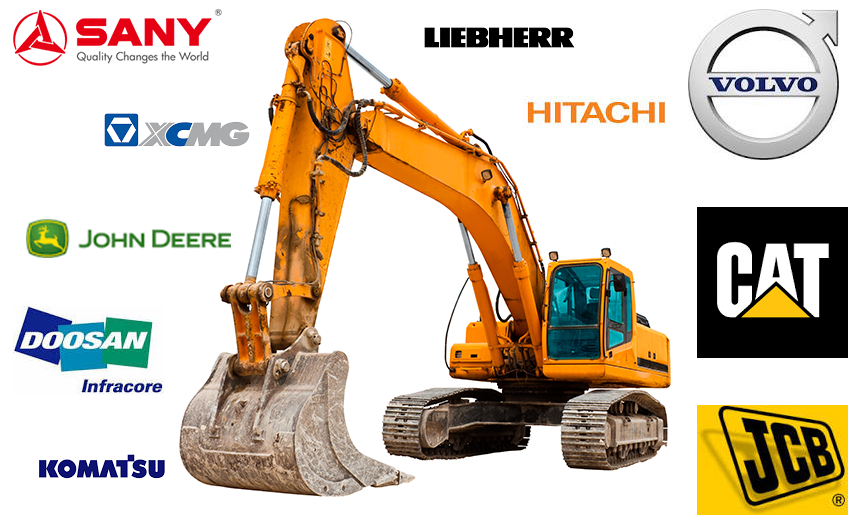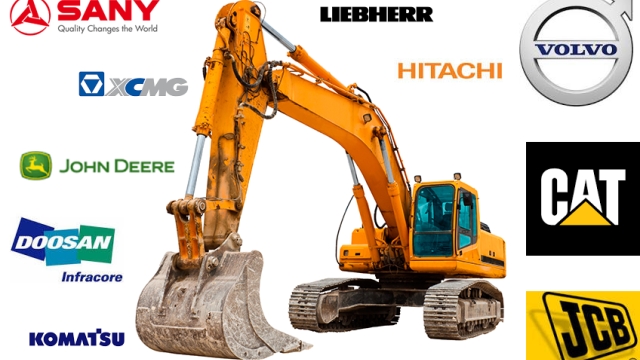
In today’s global economy, the realm of heavy vehicle manufacturing and supply plays a pivotal role in various industries, from transportation to construction. The evolution of this sector has been shaped by technological advancements, shifts in consumer demands, and regulatory requirements. As heavy vehicles continue to be essential for the movement of goods and materials, manufacturers are constantly innovating to meet the ever-changing needs of the market. The supply chain for heavy vehicles is intricate, involving multiple stakeholders working together to ensure that these machines are produced efficiently and delivered in a timely manner to meet demand.
Challenges in Heavy Vehicle Manufacturing
One challenge in heavy vehicle manufacturing is the increasing complexity of technology used in modern vehicles. Manufacturers are constantly required to stay up-to-date with the latest advancements to meet regulatory standards and customer demands.
Another significant challenge is the cost pressure faced by manufacturers. Heavy vehicles require specialized materials and components, which can drive up production costs. Balancing quality with cost efficiency is a constant struggle for manufacturers in the industry.
Supply chain disruptions also pose a challenge for heavy vehicle manufacturing. Any interruptions in the supply chain can result in delays in production, affecting timelines and delivery schedules. Finding ways to ensure a smooth and reliable supply chain is crucial for maintaining productivity in this sector.
Technological Advancements in Supply Chain
Recent years have witnessed a remarkable shift in heavy vehicle manufacturing and supply chains due to technological advancements. Automation and robotics have revolutionized assembly lines, increasing efficiency and precision. Software systems, such as advanced inventory management and logistics platforms, have streamlined operations, minimizing delays and optimizing delivery schedules.
Truckman Automobile
Moreover, the integration of IoT (Internet of Things) devices has enabled real-time monitoring of production processes and vehicle performance. Sensors embedded throughout the supply chain provide valuable data analytics, leading to proactive maintenance strategies and improved product quality. This level of connectivity enhances visibility and transparency across the entire manufacturing and distribution network.
In addition to these advancements, the emergence of blockchain technology has transformed supply chain management by ensuring secure, immutable transactions. This decentralized approach to recording and verifying data has the potential to significantly reduce fraud and errors while enhancing trust among stakeholders. The adoption of blockchain in heavy vehicle manufacturing is paving the way for a more secure and efficient supply chain ecosystem.
Future Trends in Heavy Vehicle Production
The future of heavy vehicle manufacturing and supply is set to be revolutionized by advancements in technology. From electric trucks to autonomous vehicles, the industry is increasingly focused on sustainability and efficiency.
Manufacturers are also exploring the use of lightweight materials such as carbon fiber and aluminum to improve fuel efficiency and reduce emissions. This shift towards eco-friendly production methods reflects a growing global awareness of the need for greener transportation solutions.
Additionally, data analytics and artificial intelligence are playing a key role in optimizing production processes and supply chain management. By leveraging big data, manufacturers can enhance productivity, quality control, and overall operational efficiency in heavy vehicle production.
